9 GPTs for Legal Templates Powered by AI for Free of 2026
AI GPTs for Legal Templates are advanced machine learning models specifically designed to assist in the creation, customization, and understanding of legal documents. Utilizing the power of Generative Pre-trained Transformers (GPTs), these tools offer tailored solutions for drafting legal agreements, contracts, and other formal documents with precision and efficiency. They are pivotal in automating and enhancing legal drafting processes, making complex legal language more accessible and adaptable to various contexts.
Top 9 GPTs for Legal Templates are: Contract, Agreement, Law (Not a Lawyer),Legal Draftsman,Discovery Draftsman,Contracts GPT,SX AI ContractGen AI Pro,Legal Strategist,LLC Requirements,GDPR Helper,Paralegal Associate
Contract, Agreement, Law (Not a Lawyer)
AI-powered legal document generator

Legal Draftsman
Draft legal documents with AI precision.
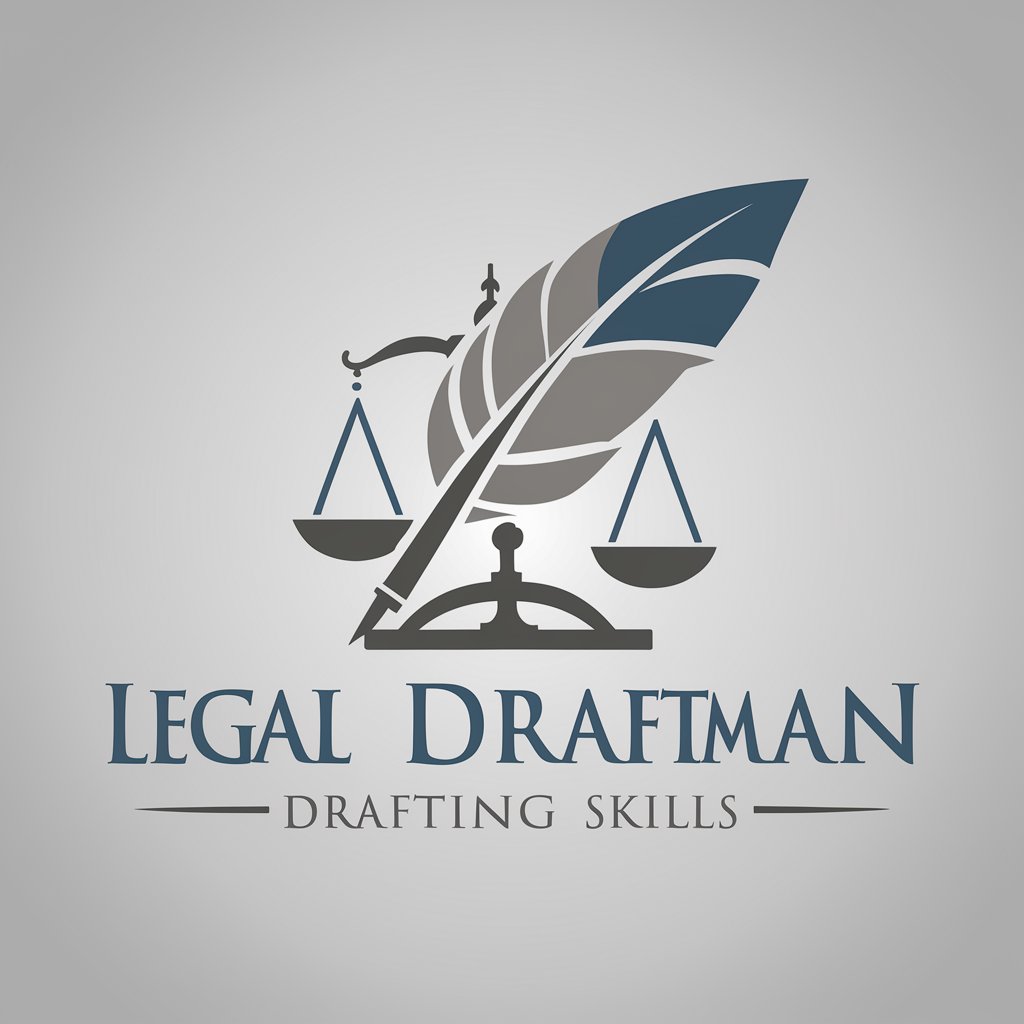
Discovery Draftsman
AI-powered California discovery objections
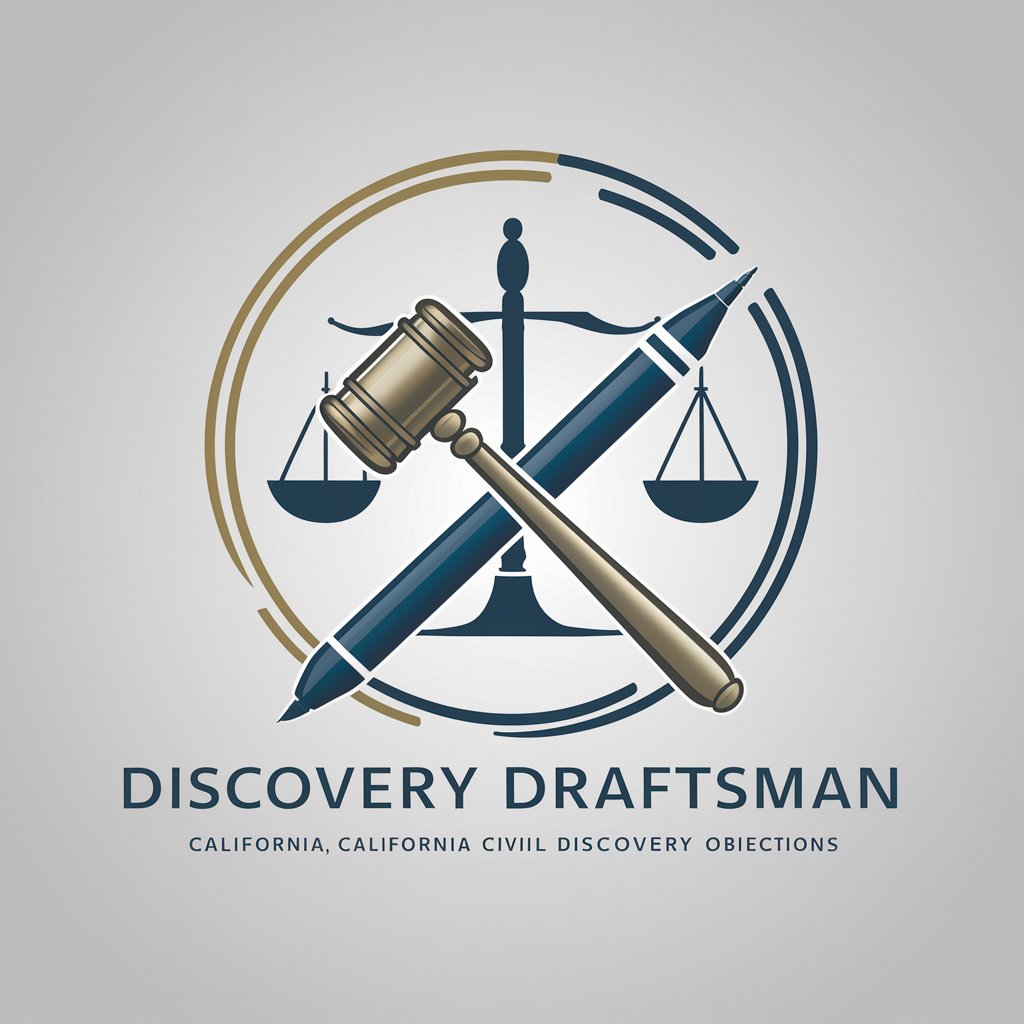
Contracts GPT
Streamlining Contract Creation with AI
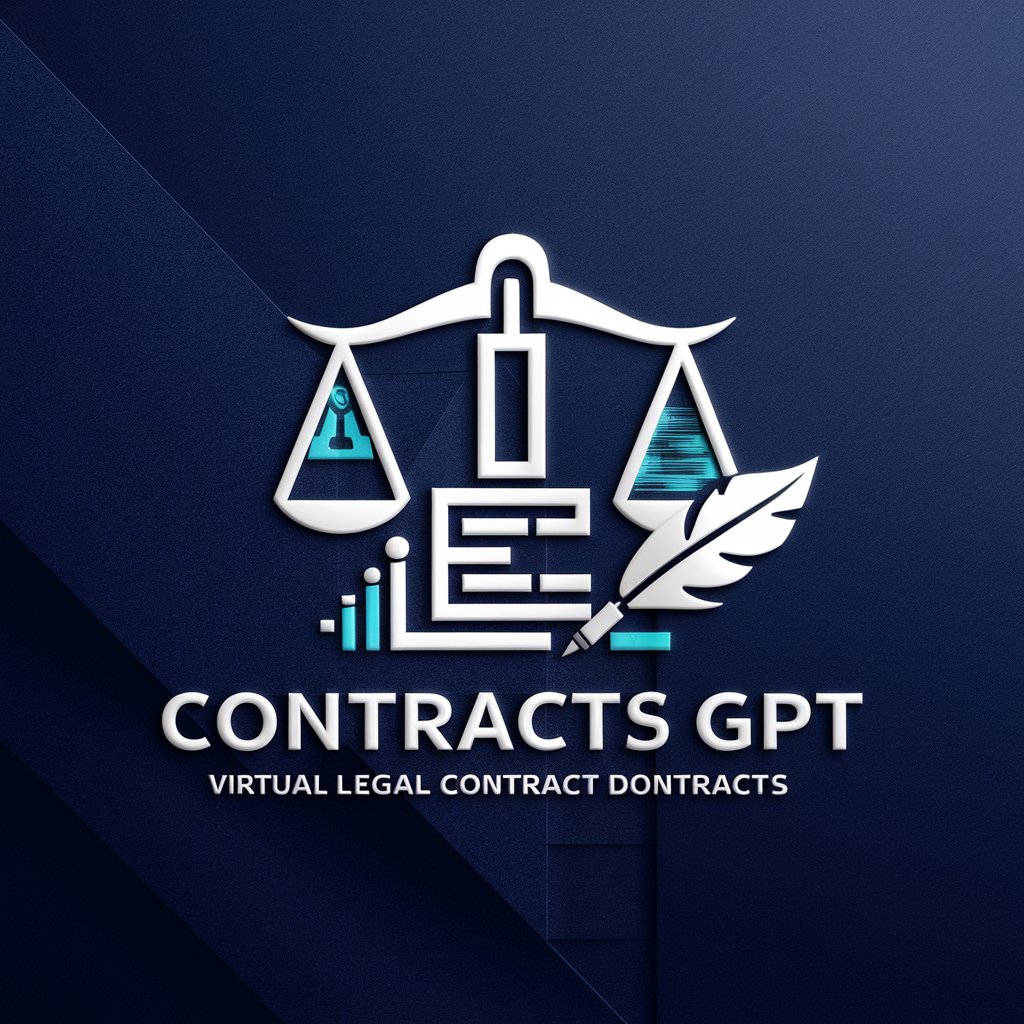
SX AI ContractGen AI Pro
Crafting Your Legal Agreements with AI Precision
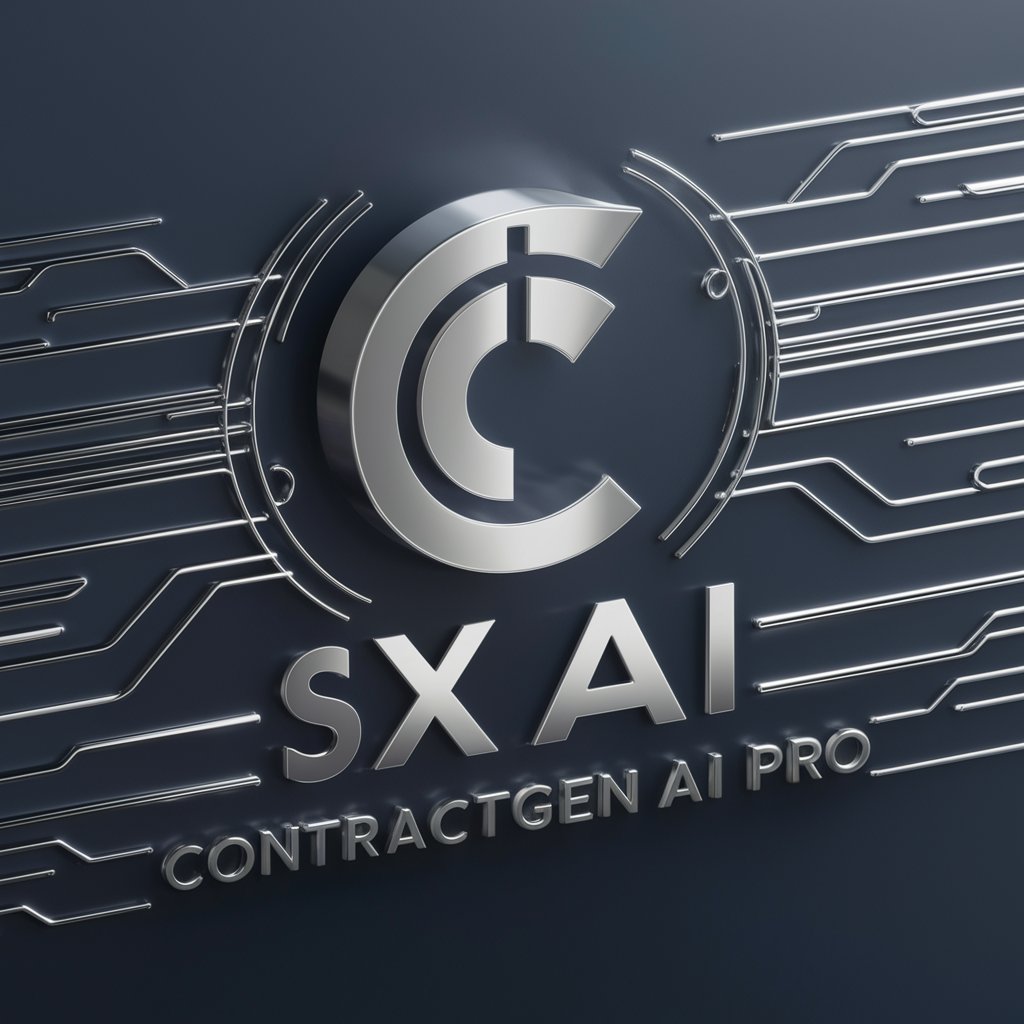
Legal Strategist
Empowering your legal strategy with AI

LLC Requirements
Empowering LLC Management with AI
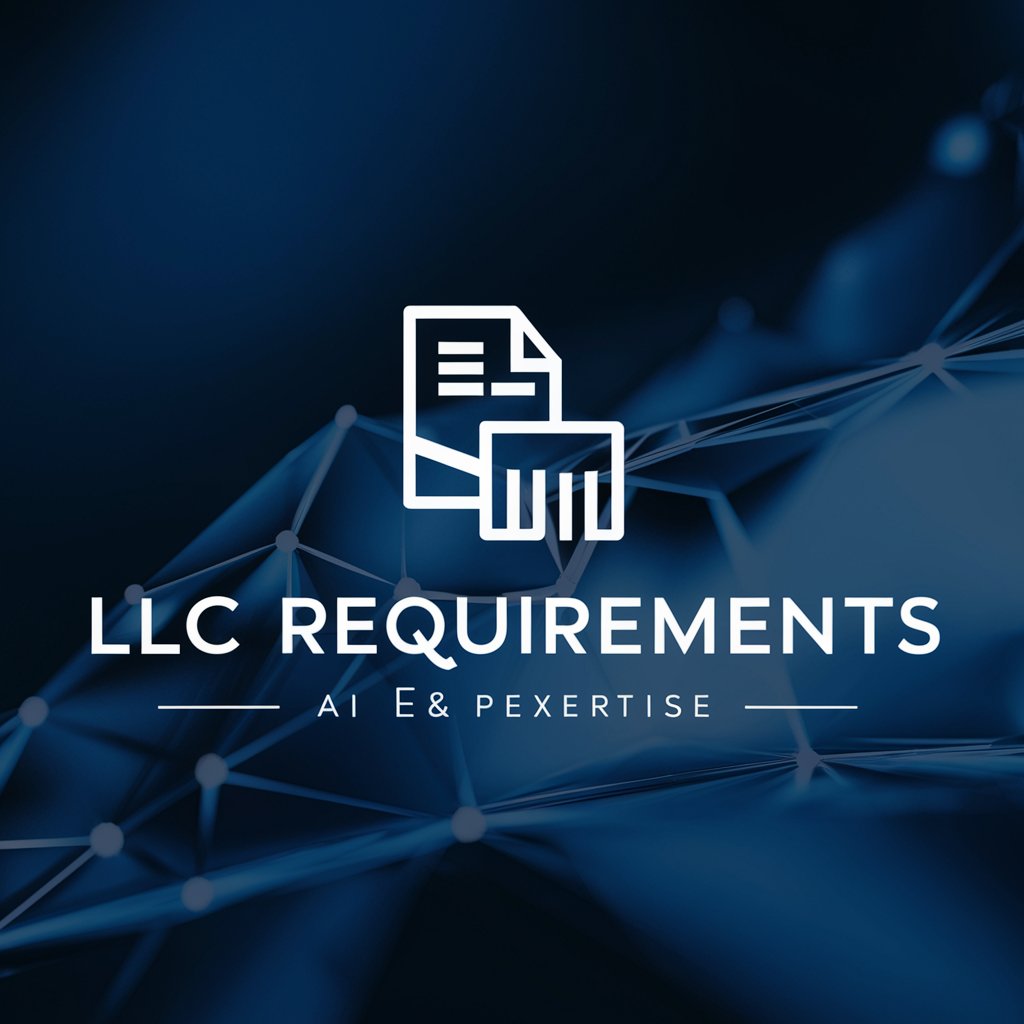
GDPR Helper
Streamlining GDPR Compliance with AI

Paralegal Associate
Streamlining Legal Documentation with AI
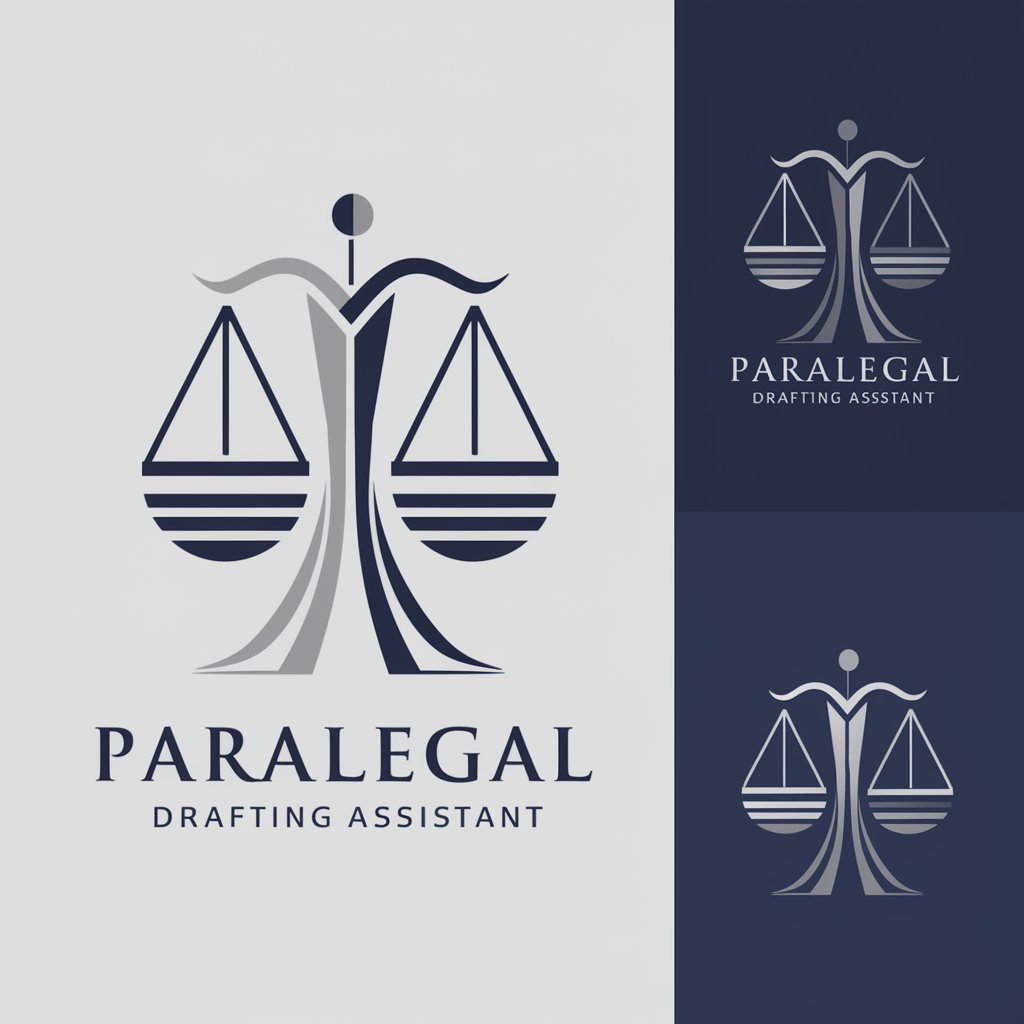
Key Attributes of AI Legal Template Assistants
AI GPTs for Legal Templates excel in understanding and generating legal language, offering features such as template generation, clause suggestion, and document customization. They adapt from simple contract creation to complex legal drafting needs. Special features include natural language understanding, context-sensitive help, technical support for legal terminology, web searching for legal precedents, and the capability to integrate with legal databases for comprehensive support.
Who Benefits from AI-Powered Legal Assistants
These tools are designed for a wide range of users, from legal novices requiring guidance in legal document preparation to legal professionals seeking efficiency in drafting. They are particularly accessible to those without coding skills, offering intuitive interfaces and guided processes, while also providing advanced customization options for users with technical expertise, such as developers or legal technologists.
Try Our other AI GPTs tools for Free
SME Advisory
Discover how AI GPTs for SME Advisory can transform your business with tailored advice, market insights, and innovative solutions designed to drive growth and efficiency.
Chaos Creativity
Discover how AI GPTs tailored for Chaos Creativity can transform complex, chaotic data into innovative ideas and solutions, opening new avenues for creative exploration.
Mad Science
Explore the frontier of innovation with AI GPTs for Mad Science, your partner in navigating the uncharted territories of unconventional research and discovery.
Market Ignorance
Discover how AI GPTs for Market Ignorance can transform your approach to market analysis, providing insights and predictions with minimal data.
Funding Fables
Explore AI GPTs for Funding Fables: innovative tools at the intersection of finance and storytelling, designed to enhance narrative creation, data analysis, and audience engagement.
Feedback Phobia
Discover AI-powered tools designed to help overcome Feedback Phobia, offering personalized strategies, emotional support, and scenario-based training for a healthier relationship with feedback.
Expanding Horizons with AI in Legal Drafting
AI GPTs for Legal Templates signify a transformative approach to legal document creation, offering unparalleled flexibility and efficiency. They embody the future of legal drafting, with user-friendly interfaces and the potential for seamless integration into existing legal workflows, making them indispensable tools for modern legal professionals.
Frequently Asked Questions
What are AI GPTs for Legal Templates?
AI GPTs for Legal Templates are intelligent tools that utilize machine learning to assist in drafting, customizing, and understanding legal documents efficiently.
Who can use these AI tools?
They are suitable for everyone from legal beginners to professionals, offering easy-to-use interfaces for novices and customization options for experts.
Can these tools generate any type of legal document?
While they are versatile, their effectiveness depends on the input data and the specific functionalities they are trained on. They can handle a wide range of documents but may require custom training for very specialized needs.
How do these AI tools ensure the accuracy of legal documents?
They are trained on extensive legal databases and use advanced algorithms to understand context and legal terminology, but final review by legal professionals is recommended for compliance and accuracy.
Are AI legal templates customizable?
Yes, these tools offer extensive customization options, allowing users to tailor legal documents to their specific needs and contexts.
How do AI GPTs for Legal Templates handle complex legal terminology?
They are designed with natural language understanding capabilities that allow them to interpret and generate complex legal jargon accurately.
Can these tools integrate with existing legal databases?
Many AI GPTs for Legal Templates are designed to be compatible with existing legal databases, enhancing their utility by providing access to a wide range of legal precedents and resources.
What makes AI GPTs for Legal Templates different from traditional legal software?
Unlike traditional software, AI GPTs leverage machine learning to provide more flexible, context-aware assistance in legal drafting, making them more adaptable to various legal drafting scenarios.